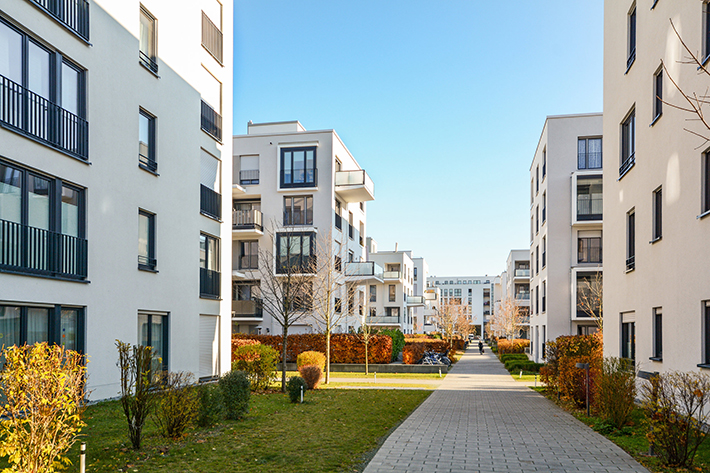

A premises liability case arises when an injury results from an unsafe or defective condition on another’s property. A business and landowner have a legal duty to maintain their property in a safe condition for visitors who are lawfully on the property or visiting a business.
If a condition on the property is unsafe, the owner may be liable for the damages suffered by the visitor depending on the actual circumstances of the accident.
Common Types of Premises Liability Cases
What Is Duty of Care Under Michigan Law?
A landowner or business owner has a duty to maintain its property in a reasonably safe condition and to prevent the occurrence of foreseeable accidents, which may include the duty to warn of potentially dangerous conditions not readily observable to a prudent person. The duty to keep a property in a reasonably safe condition is not dependent on the Plaintiff’s status as an invitee, licensee, or trespasser, or upon whether the property is public or private.
The owner must maintain its property in a reasonably safe condition in view of all the circumstances, including the likelihood of injury to others, the seriousness of the injury, and the burden of repairing the defective condition is on the landowner. However, a property owner is not an insurer of the safety of people on its property and has no duty to warn or protect against an open or obvious condition which is not inherently dangerous or avoidable. In most cases, the property will argue that the defective condition was open and obvious and therefore damages are not recoverable.
What is the Open and Obvious Doctrine and How Does That Affect My Claim?
A premises owner can avoid legal liability for injuries if the dangerous condition that caused those injuries was “open and obvious.” A danger is open and obvious if an average user with ordinary intelligence would have been able to discover the danger upon a casual inspection. This does not mean that a premises owner is not responsible for hazards that are open and obvious under all circumstances. The owner has a duty to exercise reasonable care to diminish known hazards, including those of ice and snow accumulation or if the condition is effectively unavoidable.
An unavoidable hazard is one where the visitor has no choice but to confront the hazard. An example would be where a parking lot was completely ice covered. Courts have also held that if the hazard is unreasonably dangerous (high likelihood of injury despite being an obvious danger), a property owner may still be liable to the accident victim. This would include an unguarded 20-foot hole or other dangerous condition of the land that is unacceptable given the high risk of injury.
Common Injuries in Premises Liability Cases
Michigan Personal Injury Attorney Services
If you have been injured from an unsafe condition on another’s property or have suffered injury due to an accident, our Ann Arbor personal injury law firm can help. Our experienced lawyers are committed to helping the injured recover full and fair compensation for economic losses, pain, and suffering. Please feel free to contact the firm at any time for a Free Consultation or for help with your personal injury claim.